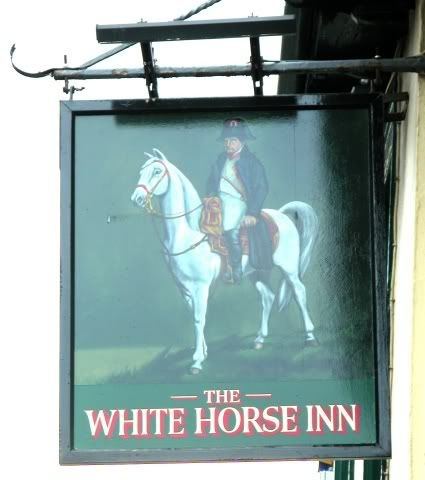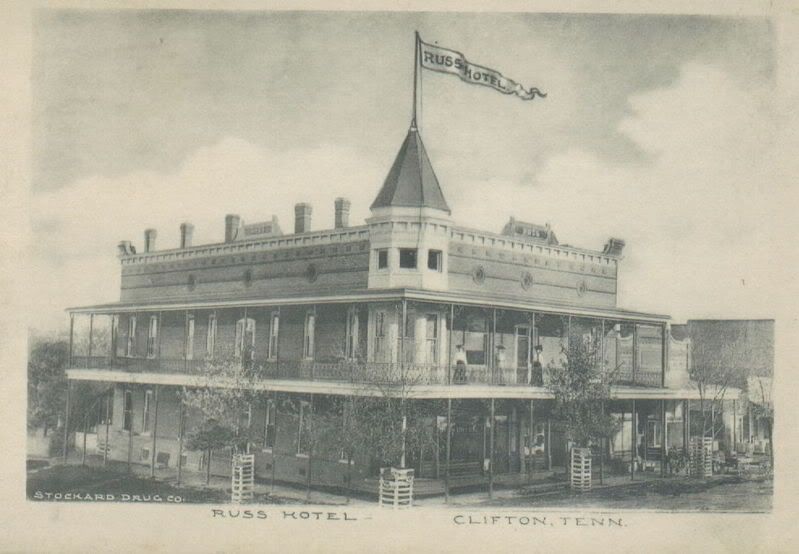
This week, I've indulged in the remarkable luxury of dragging one of my dining room chairs out on the back porch and sitting in a little square of sunshine to read. My back porch is level with the tops of my trees: a redbud, a hickory and a chinaberry. The chinaberry is the largest and my favorite, even though it tried to crawl through the roof and had to have one of its limbs unceremoniously sawed off earlier this year. (I studied dendrology at Auburn when I was in the School of Forestry. I should have stayed there. Journalism is a stupid major. ) Of course, there aren't any leaves on my trees right now, so I can look out into the blue sky and see the top of the AT&T tower and the BellSouth building. I can almost make out the red sign atop the City Federal building. When I sit there, I feel suspended between the tomato and corn cob Birmingham I love and the whoosh and bang Birmingham of the future that we all fear is going to look a lot more like Atlanta then even Atlanta wants to look. (I hate Atlanta. If you were going to put deodorant on the United States, you'd roll it on right around the 285.) I'm Southern and I'm starting to accept what that means. I can't escape and I no longer want to try. I wrap my Birmingham, past and present, around me like a blanket and it protects me from the Voices in My Head with a strong and certain sense of place.
I've read two books this week. Both about religion. Both non-fiction. Both familiar. The first was Deborah Layton's account of her life at Jonestown, the cult-compound in Guyana where Jim Jones ordered 914 of his followers to commit suicide by drinking Flavor Aid laced with cyanide. I had to ask myself how a rational person could allow themselves to be beaten and raped by their pastor in California and reason that it was a good idea to travel with him to Guyana's remote equatorial rain forest and surrender your passport. It scared me to realize how easily I have allowed religion to turn me away from the knowledge of truth I already have in my heart. The old cliche is fitting here: There but for the Grace of God go I. My one sentence review? This book scared me and showed me what a fragile little mind I have.
The second book was Dennis Covington's most revered work, Salvation on Sand Mountain. I've just finished it and I cannot comment on it now other than to say if I ever see Dennis Covington again I will shake his hand and just say "Thank you. Thank you for that." He writes about religion, the Holy Spirit and women and he really gets all three. When we argue about women's roles in the church, he asserts, we're really arguing about the nature of God. He gave me the words to voice what I've been trying to all these years.




